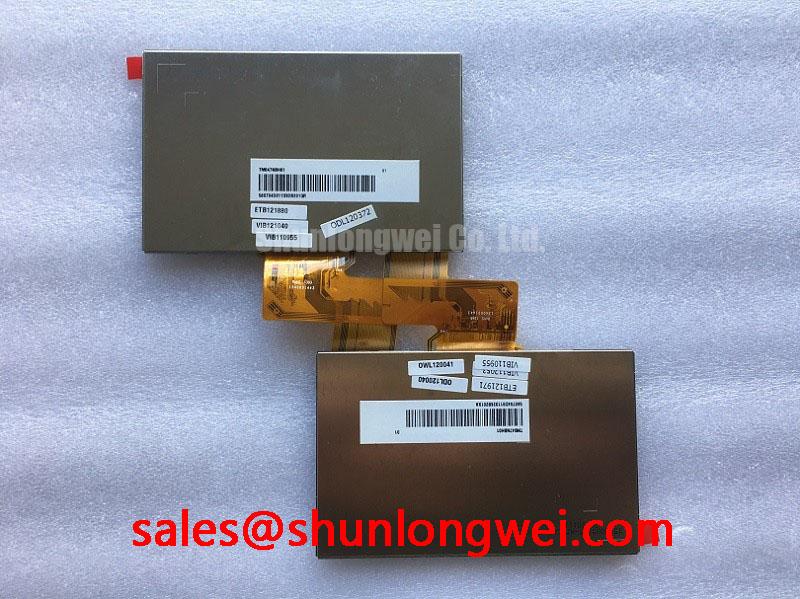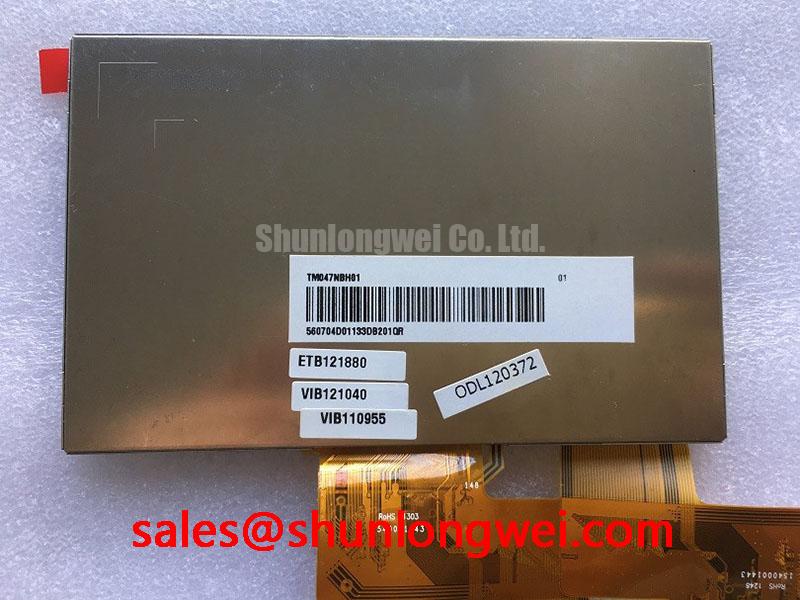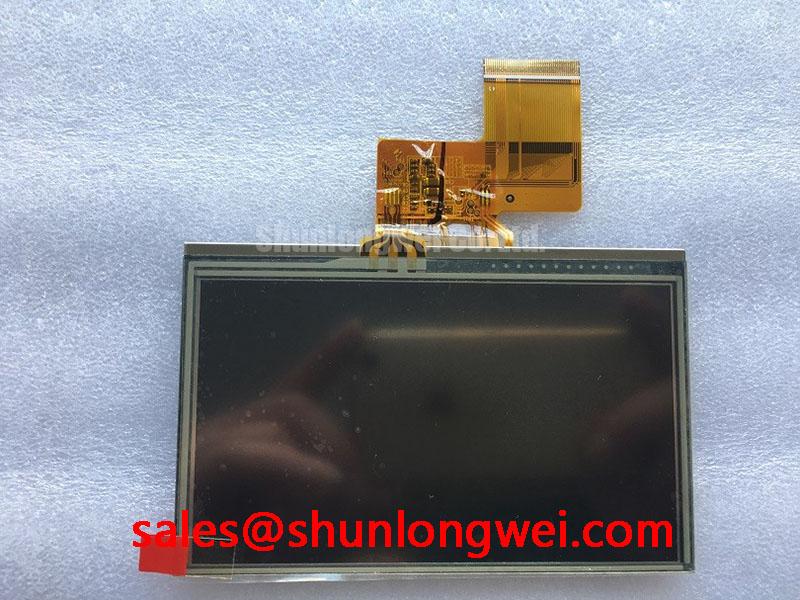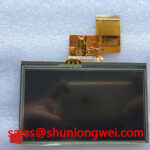Content last revised on January 29, 2026
TM047NBH01: 4.7" WQVGA Display for Reliable Industrial and Portable HMI
The Tianma TM047NBH01 is a 4.7-inch WQVGA TFT-LCD engineered for clear, reliable visual performance in challenging industrial and portable applications. This display delivers a robust feature set optimized for system resilience, featuring key specifications of 480x272 Resolution | 280 cd/m² Brightness | -20 to 60°C Operating Temperature. Its primary engineering benefits include sustained operational integrity across a wide temperature spectrum and enhanced interface flexibility with integrated touch capabilities. It directly addresses the need for a durable and adaptable display in devices that must function flawlessly in environments where standard consumer-grade screens would falter. For portable diagnostic tools requiring a compact, durable display with a wide operational temperature range, the TM047NBH01 is a technically sound choice.
Application Scenarios & Value
System-Level Benefits in Portable Industrial Instruments
The TM047NBH01 is engineered for deployment in environments where temperature fluctuation and ambient light are significant design constraints. Consider its integration into a handheld environmental monitoring device used by field technicians. The critical challenge is maintaining screen legibility and responsiveness from a cold morning startup to use in bright, midday conditions. The display's wide operating temperature range of -20 to 60°C ensures the liquid crystal maintains its specified response time without freezing or exhibiting display artifacts. This resilience prevents data misinterpretation and operational delays. The combination of a transmissive, normally white TN panel and an anti-glare surface treatment provides a solid foundation for readability in varied lighting, a crucial factor for any effective Human-Machine Interface (HMI).
This module's compact 4.7-inch form factor is ideal for portable instrumentation, industrial controllers, and data terminals where space is at a premium but clarity cannot be compromised. While the TM047NBH01 is optimized for such handheld applications, for larger fixed-panel HMIs requiring a more expansive display area, a related model like the AT080TN64 offers an 8.0-inch alternative.
Key Parameter Overview
Decoding the Specs for Environmental Resilience
The technical specifications of the TM047NBH01 underscore its suitability for demanding applications. Each parameter contributes to a display solution that prioritizes reliability and straightforward integration.
| Display Characteristics | |
|---|---|
| Display Size | 4.7 inches |
| Resolution | 480(RGB)×272, WQVGA |
| Display Mode | TN, Normally White, Transmissive |
| Brightness | 280 cd/m² (Typ.) |
| Contrast Ratio | 500:1 (Typ.) |
| Color Depth | 16.7M (8-bit) |
| Viewing Angle | 70/70/60/70 (L/R/U/D) (Typ.) |
| Surface Treatment | Antiglare |
| Electrical & Interface | |
| Interface Type | 45 pins Parallel RGB (1 ch, 8-bit) + SPI |
| Supply Voltage | 3.3V (Typ.) |
| Backlight | WLED, 5S2P configuration |
| Mechanical & Environmental | |
| Touch Panel | Included |
| Operating Temperature | -20 ~ 60 °C |
| Storage Temperature | -30 ~ 70 °C |
Frequently Asked Questions
Engineering Considerations for the TM047NBH01
What is the primary advantage of the -20 to 60°C operating temperature range for an industrial device?
This wide range guarantees operational reliability in environments where temperatures are not controlled, from cold storage facilities to factory floors with significant heat-generating machinery. It allows the end product to be deployed in a greater variety of applications without requiring costly and complex internal thermal management systems, enhancing system robustness and lowering the total cost of ownership.
How does the integrated touch panel with an SPI interface benefit system design?
The integrated touch panel streamlines the supply chain and mechanical assembly. Using a separate SPI (Serial Peripheral Interface) for touch controls is highly advantageous in embedded systems as it requires fewer I/O pins from the host microcontroller compared to a parallel interface. This simplifies PCB layout, frees up processor resources, and reduces overall system complexity.
Is the 280 cd/m² luminance sufficient for outdoor-viewable applications?
A brightness of 280 nits is best suited for indoor industrial settings and outdoor applications in shaded or overcast conditions. While the anti-glare coating helps, for applications in direct, bright sunlight, a display with significantly higher luminance (typically 800 cd/m² or more) would be recommended to ensure optimal sunlight readability.
Strategic Component Selection
Choosing the TM047NBH01 by Tianma represents a strategic decision to prioritize operational resilience and integration efficiency. Its specifications are not merely a list of features but a blueprint for developing reliable, long-lasting products. By engineering for a wide temperature range and including a versatile touch interface, this TFT-LCD module provides the foundational stability required for the next generation of industrial and portable devices, ensuring performance where it matters most.






